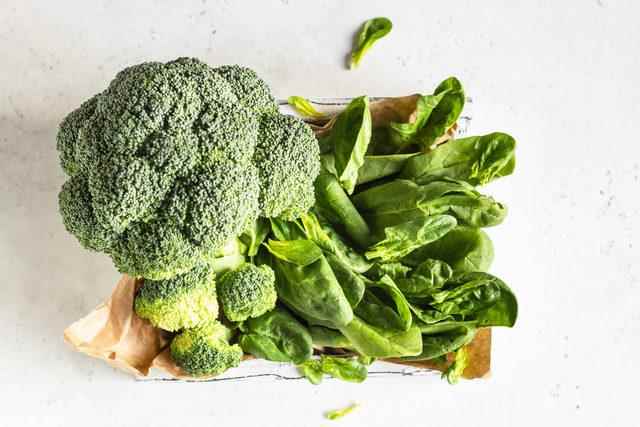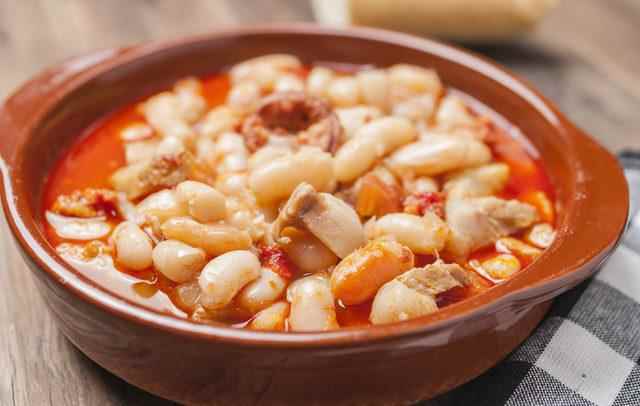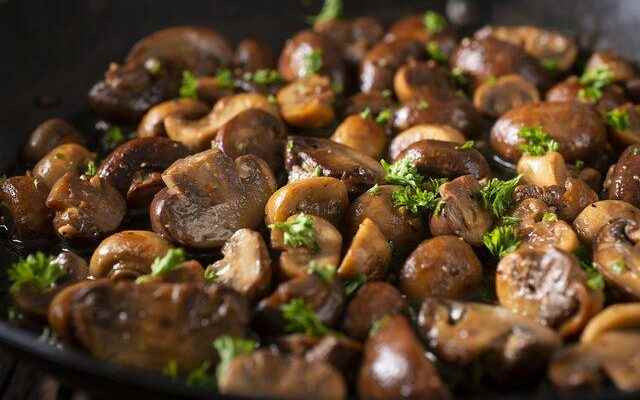Everyone knows that red meat is a source of protein. But a fact that few people know is that protein is not only found in red meat. Experts evaluated oilseeds containing high amounts of protein.
Soybeans, pumpkin seeds, rapeseed, cottonseed, sunflower seeds and peanuts are known to be among the oilseeds that contain high amounts of protein.
FUNGUS ALSO CONTAIN PROTEIN
Mushrooms contain minerals such as calcium, selenium, iron, magnesium, phosphorus, potassium, zinc, copper and manganese. Mushrooms have taken their place among riboflavin (B2), niacin (B3) and pantothenic acid (B5) sources and cheap protein alternatives. It is among the low-calorie and high-nutrition groups, especially for those who are on a diet.
MUSHROOM CONTAIN VITAMIN B12 AND D
Mushrooms also contain low amounts of vitamin B12 and conjugated linoleic acid. Studies have also shown that mushrooms are one of the best sources of vitamin D. These nutritional qualities should make mushrooms a part of a healthy and balanced diet, and allergy sufferers should not consume them.
PROTEIN SOURCE VEGETABLES
There are also important protein sources among the vegetable groups. Some vegetables such as Brussels sprouts, broccoli, and spinach are good sources of protein. You can strengthen the protein content by adding quinoa to such vegetables, which you will use with meals and salads, to strengthen the protein content, it should not be forgotten that they are not an adequate source of protein on their own.

Dairy products such as low-fat cheese and yogurt are also an excellent source of protein. In addition to its protein content, it is useful to pay attention to cooking techniques due to its gas-forming feature.
DRIED BEANS SHOULD BE WET WITH BABY POWDER
Beans have the most gas-making feature when they are raw. Soaking with sodium bicarbonate, known as baking soda, not only shortens the cooking time, but also reduces the gas-forming state. The soaking water should be poured and the seeds should be washed once more before cooking. Apart from soaking and washing, sprouting seeds is also beneficial in this regard.

Adding baking soda to dried beans is also a very common method. Baking soda can soften the beans more quickly and thus make your food cook faster, while eliminating the gas released by the beans.
WHICH FOOD CONTAINS HOW MUCH PROTEIN?
- 1 cup of peanuts: 41 grams of protein.
- 1 cup of pumpkin seeds: 39 grams.
- 1 cup cheese (Swiss, mozzarella, Colby Jack): 36 grams
- 1 cup of tempeh: 34 grams
- 1 cup low-fat cottage cheese: 28 grams
- 1 cup of oats: 26 grams
- ½ cup tofu: 22 grams
- 1 cup nonfat Greek yogurt: 22 grams
- 1 cup kidney beans: 21 grams
- 1 cup of white beans: 19 grams
- 1 cup of kidney beans: 19 grams
- 1 cup of lentils: 18 grams
- 1 cup of edamame: 17 grams
- 1 cup of lima beans: 15 grams
- 2 tablespoons of peanut butter: 9 grams
- 1 cup tofu yogurt: 9 grams
- 1 cup cooked quinoa: 8 grams
- 1 cup skim milk: 8 grams
- 1 cup soy milk: 7 grams
